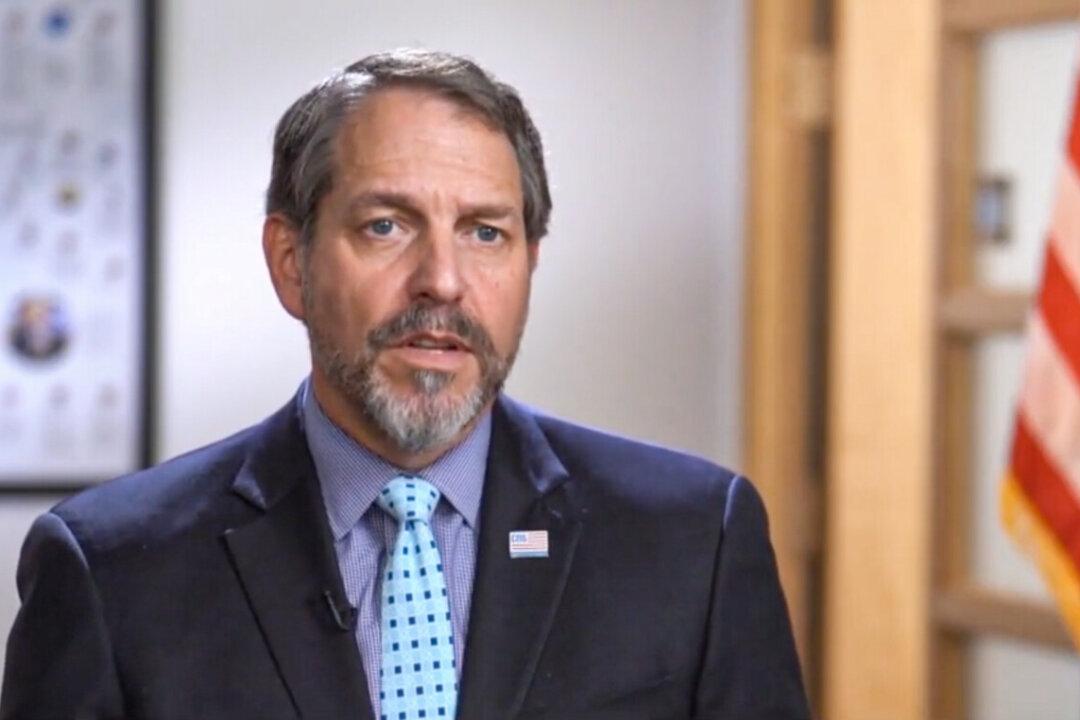Returning more powers to states to determine issues such as abortion is the correct path for America, says Mark Meckler, president of the conservative grassroots movement Convention of States Action.
Meckler also co-founded Convention of States Action which proposes amendments to the U.S. Constitution to bring power back to the states and the people.






